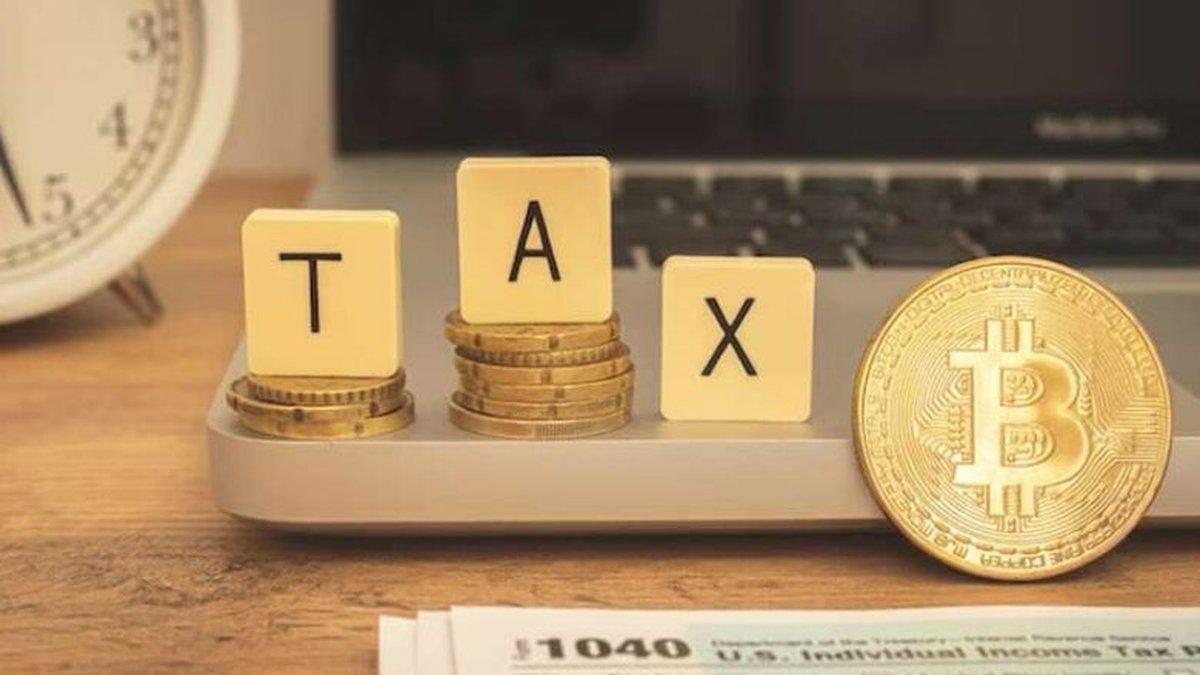Crypto Tax Planning in the US: Smart Strategies to Minimize Your 2025 Tax Burden
With the rapid growth of digital assets and decentralized finance (DeFi), the IRS is intensifying efforts to ensure taxpayers properly report their cryptocurrency transactions. Whether you’re a casual investor, day trader, or DeFi participant, effective crypto tax planning can significantly reduce your tax liability and protect you from penalties.
This comprehensive guide explores U.S. crypto tax planning strategies for 2025, explaining how digital assets are taxed, key IRS regulations, recordkeeping requirements, and legitimate ways to minimize taxes through strategic planning and portfolio management.
Overview of Crypto Taxation in the United States
In the U.S., the Internal Revenue Service (IRS) classifies cryptocurrency as property rather than currency. This means every sale, trade, or exchange of crypto is considered a taxable event. The IRS applies existing tax rules for property to digital assets, resulting in either capital gains or ordinary income depending on the transaction type.
Understanding how crypto transactions are categorized is essential for effective planning:
- Capital Gains: Profits from selling or exchanging crypto held as an investment.
- Ordinary Income: Earnings from mining, staking, airdrops, or receiving crypto as payment.
Proper classification ensures accurate reporting on your tax return and opens opportunities for deductions and tax-loss harvesting.
IRS Guidelines for Crypto Reporting
The IRS has made crypto tax compliance a top priority. The 2025 Form 1040 asks all taxpayers if they’ve engaged in digital asset transactions. The IRS requires reporting of all taxable events, including:
- Selling crypto for USD or other fiat
- Trading one coin for another (e.g., BTC → ETH)
- Spending crypto on goods or services
- Receiving crypto through mining, staking, or as payment
- Airdrops or hard fork rewards
Failure to accurately disclose crypto transactions may result in penalties, interest, or audits. Taxpayers must maintain detailed records to substantiate gains, losses, and cost basis.
Key Crypto Tax Forms
For most individuals, crypto activity is reported across several IRS forms:
- Form 8949: Reports capital gains and losses for each transaction.
- Schedule D: Summarizes total capital gains/losses.
- Schedule 1 or C: Reports crypto income (staking, mining, airdrops).
- Form 1040: Includes overall income and the digital asset question.
Top Strategies for Crypto Tax Planning
1. Tax-Loss Harvesting
One of the most effective strategies for reducing your tax bill is tax-loss harvesting. By selling crypto assets at a loss, you can offset capital gains from other investments. In the U.S., there’s currently no wash-sale rule for crypto, meaning you can repurchase the same asset immediately after selling at a loss to maintain your position while claiming the deduction.
2. Holding Period Optimization
Capital gains tax rates depend on how long you hold your crypto:
- Short-term: Held for less than 12 months, taxed as ordinary income (10%–37%).
- Long-term: Held for 12+ months, taxed at favorable rates (0%, 15%, or 20%).
Strategically timing disposals can convert high-rate short-term gains into lower-rate long-term gains.
3. Charitable Donations
Donating appreciated crypto to a qualified 501(c)(3) charity allows you to avoid capital gains while claiming a fair market value deduction. This dual benefit makes crypto philanthropy a tax-efficient giving strategy.
4. Gifting Crypto
You can gift up to $18,000 (2025 limit) per recipient annually without triggering gift tax. The recipient inherits your cost basis and holding period, deferring tax until they sell.
5. Using Tax-Advantaged Accounts
While direct crypto holdings aren’t allowed in IRAs or 401(k)s, you can invest in crypto-related ETFs or trusts through self-directed IRAs. This enables tax-deferred growth and diversification into blockchain assets.
6. Tracking Cost Basis Accurately
Using accounting methods like FIFO (First-In, First-Out), LIFO, or Specific Identification can influence your taxable gains. Software tools like Koinly, CoinTracker, or TokenTax can automate calculations and generate IRS-ready reports.
7. Timing Income Recognition
If you earn staking or mining income, you can strategically plan when to convert or dispose of rewards to minimize income in high-tax years.
DeFi and Complex Transactions
DeFi activities—such as lending, yield farming, and liquidity provision—introduce complex tax implications. Many are treated as income when rewards are received, followed by capital gains when assets are sold or swapped. Keeping detailed records is essential for accurate reporting.
Smart contracts often trigger multiple taxable events. For example, earning governance tokens from a DeFi pool counts as income, and swapping them later triggers capital gains.
Recordkeeping and Compliance
Under U.S. law, taxpayers must maintain records showing:
- Date and value of each transaction
- Cost basis and fair market value
- Wallet addresses and exchange receipts
- Purpose of transaction (buy, sell, earn, gift)
The IRS now uses blockchain analytics to identify unreported transactions, so meticulous documentation is critical for defense during audits.
Common Mistakes to Avoid
- Ignoring crypto-to-crypto swaps as taxable events
- Failing to report staking or airdrop income
- Inconsistent cost basis tracking
- Overlooking DeFi rewards
- Assuming anonymity protects from IRS scrutiny
Working with a Crypto Tax Professional
Due to the complexity of IRS regulations, partnering with a crypto-specialized CPA or tax attorney can provide valuable insights and prevent costly errors. Professionals can assist with:
- Tax-efficient liquidation strategies
- Audit defense preparation
- Amending prior returns (Form 1040X)
- Structuring crypto businesses (LLCs, S corps)
Future Outlook for U.S. Crypto Taxation
The U.S. Treasury and IRS are expected to release further guidance on DeFi, NFTs, and stablecoins. The Infrastructure Investment and Jobs Act introduced new reporting rules for brokers, likely to expand in 2025. Staying proactive with planning will ensure compliance and minimize surprises.
Key Takeaways
- Crypto is taxed as property under IRS rules.
- Every sale, trade, or exchange is a taxable event.
- Use tax-loss harvesting and long-term holding to reduce liability.
- Maintain detailed records and file all required forms.
- Work with professionals to optimize your strategy.
Further Reading and Resources
Crypto & Market | Exchanges | Altcoin Analysis
Frequently Asked Questions
Do I owe taxes if I just HODL? No, holding crypto without selling or exchanging is not taxable.
What if I paid for goods with crypto? That’s a taxable event; you must calculate gain/loss based on fair market value at payment time.
Can I offset crypto losses against stock gains? Yes. Capital losses from crypto can offset gains from other assets.
Will the IRS know about my crypto? Likely yes. Exchanges must report user data, and blockchain analysis tools track transactions.
What happens if I didn’t report in past years? File amended returns and consider the IRS Voluntary Disclosure Program to avoid penalties.





